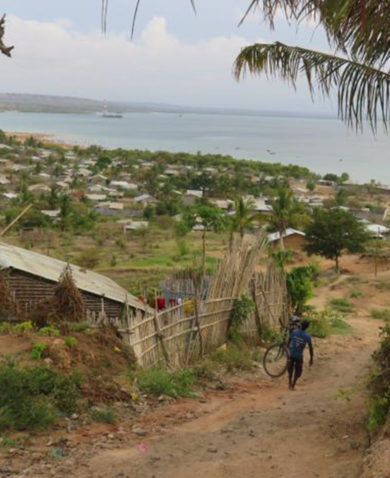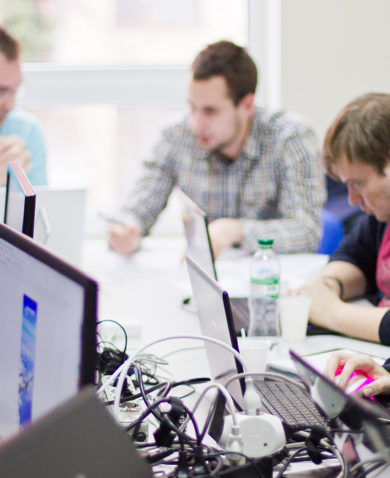The Global Impact Collaboratory brings together leading social scientists with highly experienced development practitioners to transform how we plan for and demonstrate the impacts of development programs on people and their communities.
The Global Impact Collaboratory brings together leading social scientists with highly experienced development practitioners to transform how we plan for and demonstrate the impacts of development programs on people and their communities.
Through the Global Impact Collaboratory (GIC), we strive to answer two questions: How can we ensure our international development projects are really working? How can we make sure what we learn on projects, about what really works, is widely shared?
GIC continuously designs, tests, and shares cutting-edge, scientifically robust strategies for monitoring, evaluation, and learning (MEL). Our mission is to ensure development programs have the best possible evidence to create meaningful, measurable change. Lack of sound data that is cost-effective and timely impairs effective design of activities and identification of project results. We focus our efforts on supporting programs that have people at their core, where local behavior and attitude change is needed for success. Such projects are harder to design for success, and trickier to monitor well to show meaningful impact.
We specialize in low resource settings, challenging environments and vulnerable sectors of society, where particularly effective, efficient methods are most needed. This includes communities in low-income countries and ethnic and other vulnerable groups, like religious minority groups, women, children, the elderly, people with disabilities, and those who face other social or economic exclusions.
Global Impact Collaboratory Team
Alexandra Brewis Slade
Co-Director, GIC
School of Human Evolution and Social Change, Arizona State University
Peggy Ochandarena
Co-Director, GIC
Knowledge, Innovation, & Technology Department, Chemonics
Roseanne Schuster
Director of MEL Practice and Innovation, GIC
School of Human Evolution and Social Change, Arizona State University





